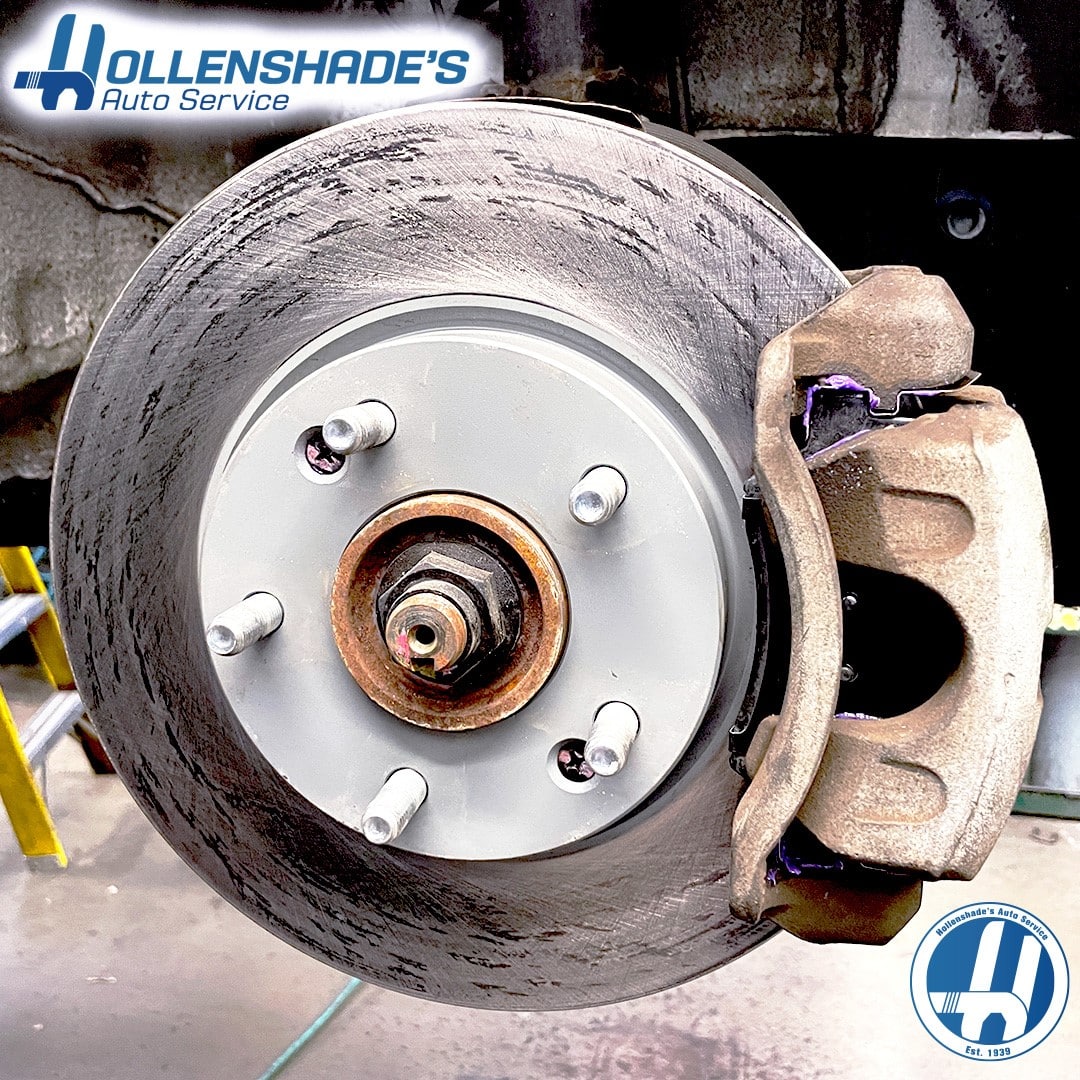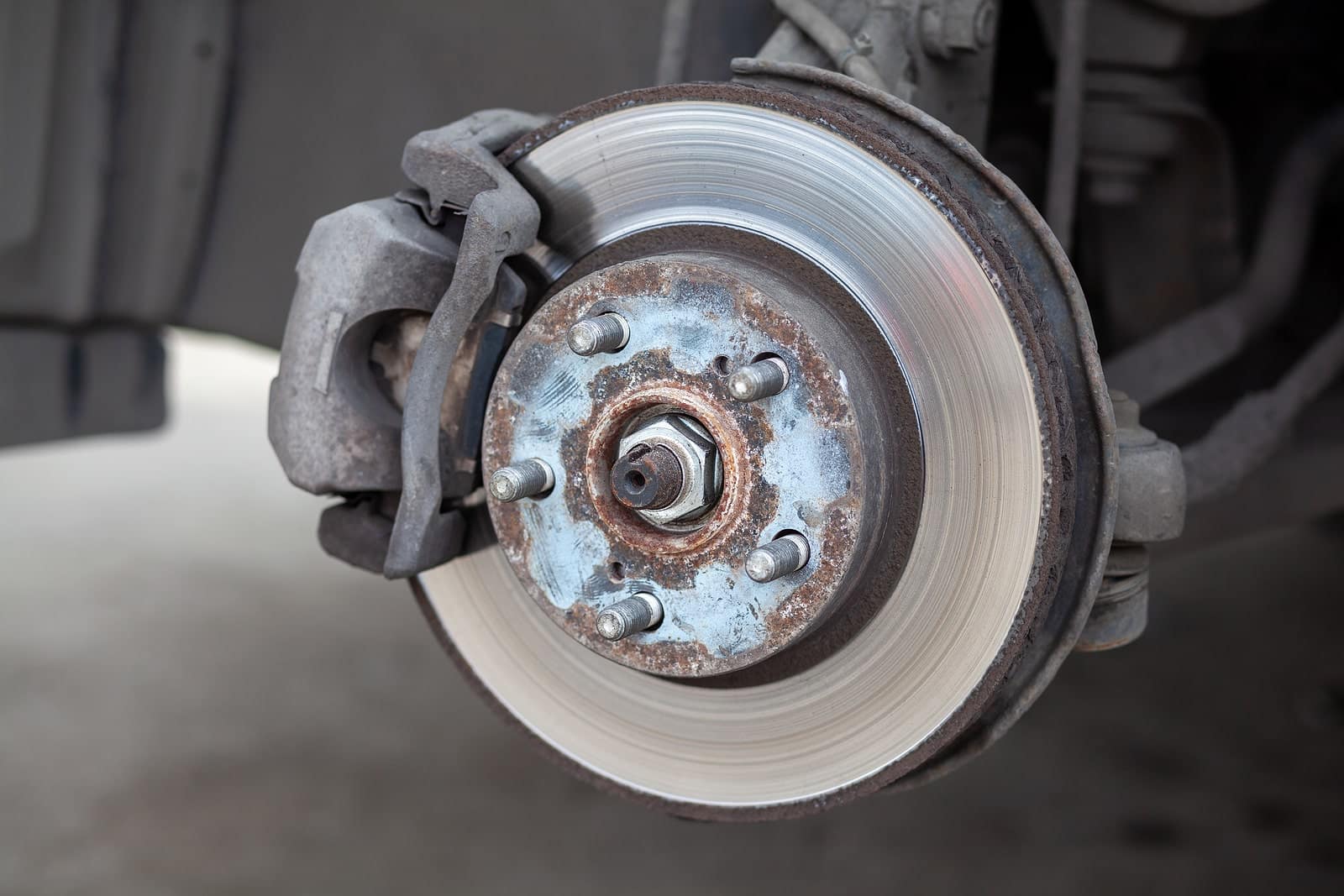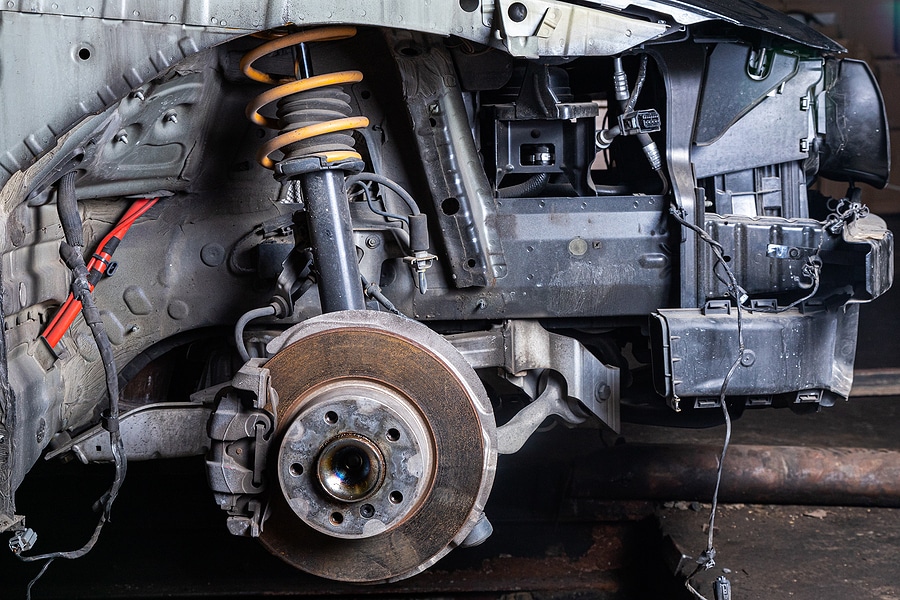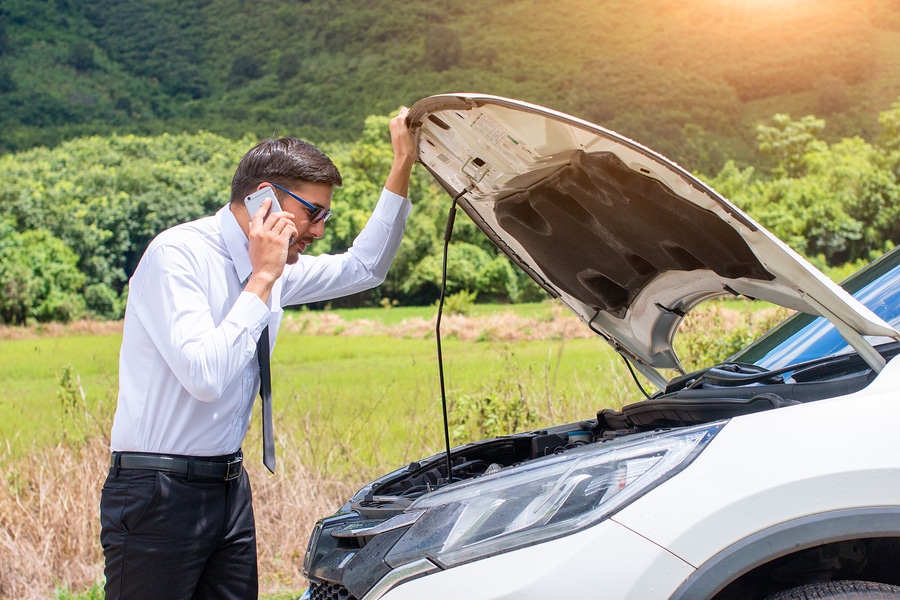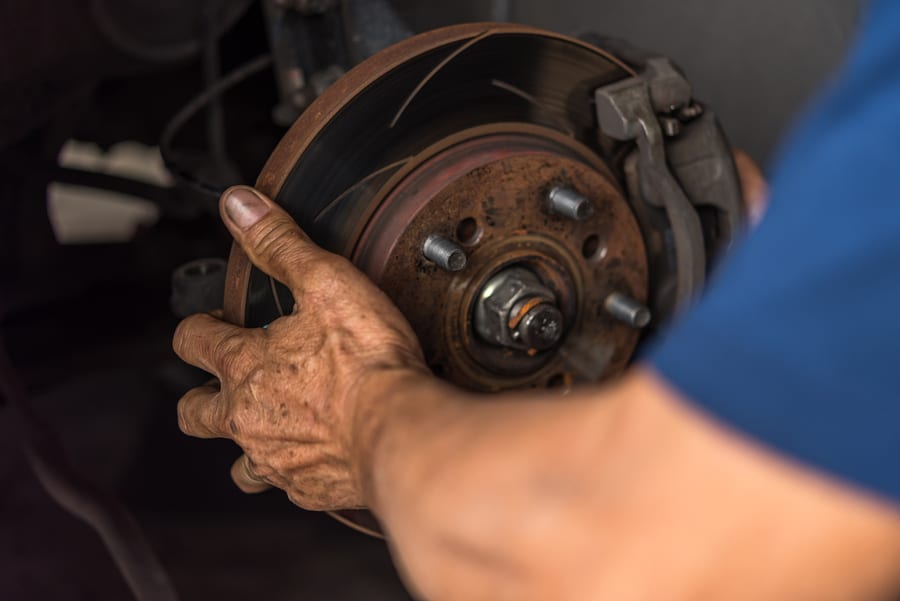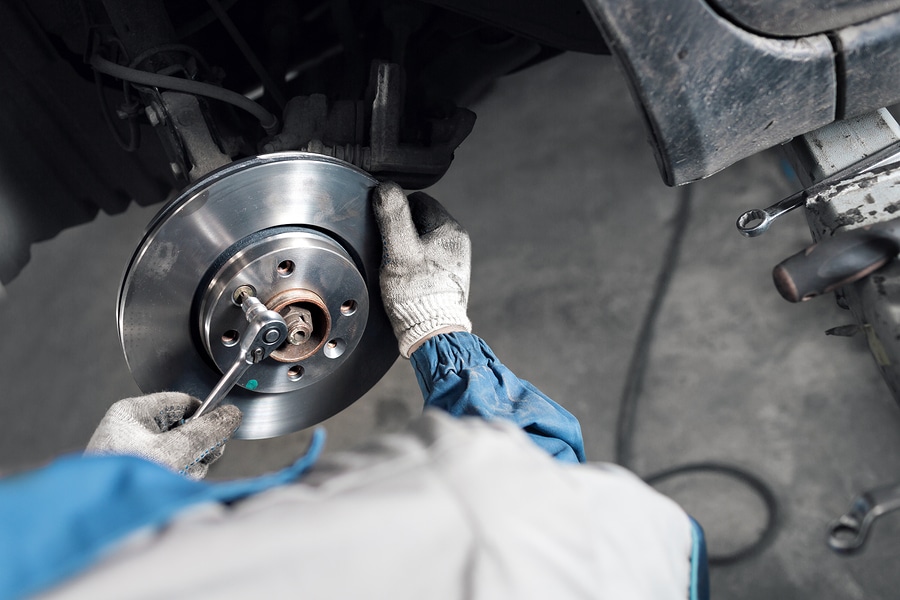In 2015, the automotive industry, EPA, and U.S. states agreed to reduce the use of copper and other materials in motor vehicle brake pads. This agreement calls for reducing copper in brake pads to less than 5% by weight in 2021, and 0.5% by 2025. Typically, a brake pad is made from a mixture of […]
read more
Anyone who’s ever worked as a car mechanic has seen what happens when people forget to replace the brake pads and brake hardware at the intended time. Sometimes the pad is worn so badly that the metal plate has slipped off the caliper, causing it to overextend and lock the wheels. Sometimes the piston shatters […]
read more
Does a rotor need to be machined? No. What causes a rotor to crack? Brake Rotors do not crack from hitting a pothole or curb; they break due to the stress of heat and cycling from hot to cold. Also, mechanical stresses from stopping the vehicle can play a part. Every time the brakes are […]
read more
As the warmer-weather months approach, temperatures generally tend to climb. The same is true during the winter – whenever there’s a seasonal change, it’s important that your car is ready for it. Since most people keep their cars parked outside on the street or in garages that are also subject to climate conditions, heat will […]
read more
Some vehicles exhibit brake related concerns such as brake noise, brake judder or brake dragging. If you encounter a situation that causes you to experience one of these symptoms you should seek a professional mechanic to inspect your vehicle’s brake system. An experienced technician will address the specific brake symptom that is causing the concerning […]
read more
The brake caliper is a component in the brake assembly where the pads and pistons are housed. If you have a stuck or hanging brake caliper, the brake pad won’t disengage from the brake rotor surface. This situation leaves you feeling like you are driving with the brakes slightly applied at all times because they […]
read more
It’s vital that you have regular brake maintenance performed to remain safe on the road. Once you understand the process and what needs to be accomplished, you’ll know when to take your car in for brake service. Each component of your brake system needs attention. There are five to think about: the master cylinder, lines, […]
read more

